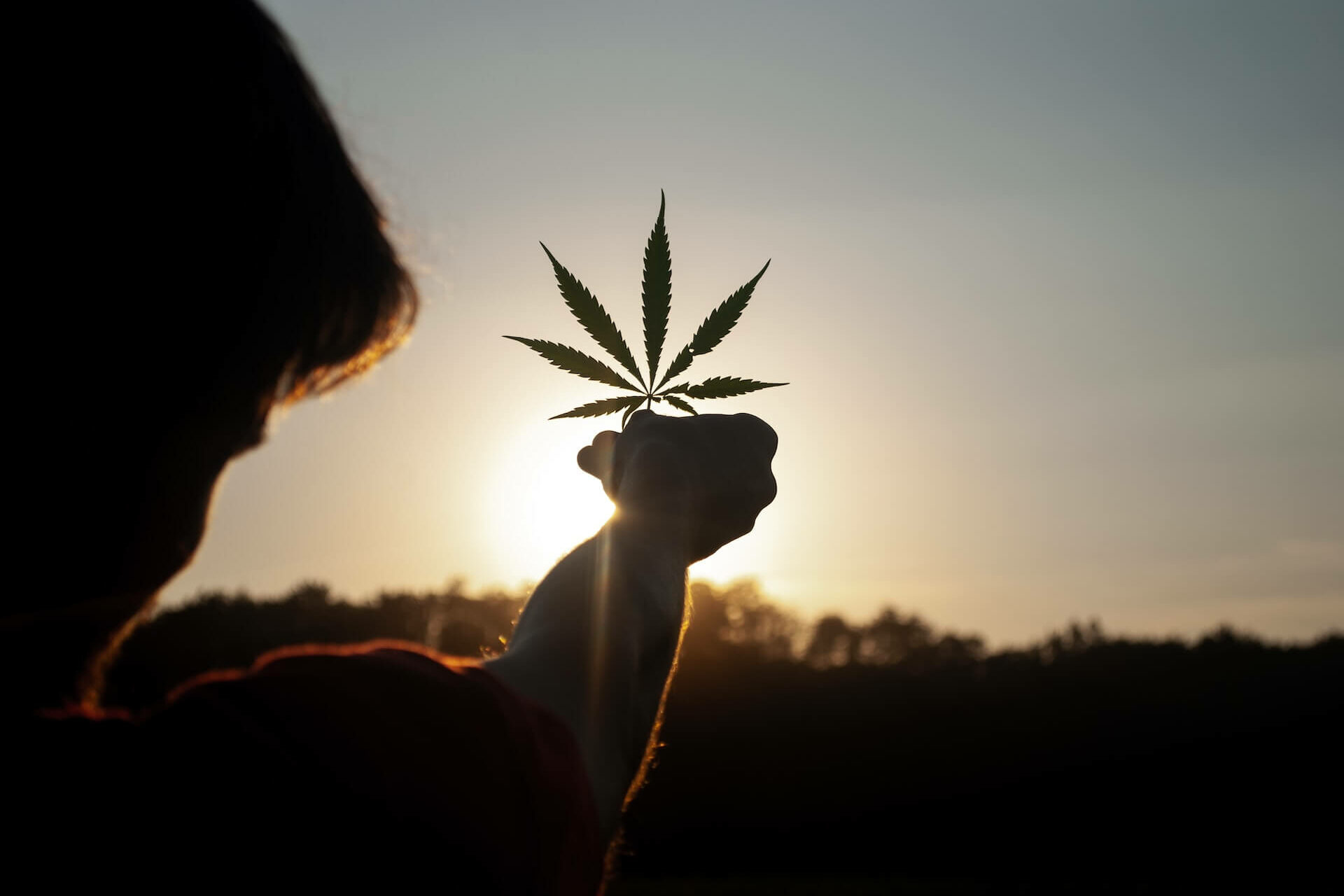Mainstream media has sold us the idea that cannabis is a harmless drug. And for some people, this appears to be true.
Cannabis goes by many names: marijuana, weed dagga and contains cannabinoids that interact with the human body to create a variety of effects including pain alleviation, relaxation, and altered perception. Some people can find this relaxing and use dagga for years without serious consequences. The heavier users may experience psychosis which can lead to long-term mental health issues.
- Can dagga have both positive and negative effects on health?
Some people with chronic pain, epilepsy, and multiple sclerosis have experienced benefits. But there are associated risks. Heavy dagga users can have respiratory and cardiovascular issues, as well as impaired cognitive function.
- Can cause impaired driving and should not be used before operating a vehicle?
Driving while high on cannabis can impair judgement, reaction time, and motor coordination, resulting in accidents and injuries. The USA’s National Highway Traffic Safety Administration says that cannabis use results in a 30% increase in the risk of car accidents.
- Can regular use lead to dependency and withdrawal symptoms?
Despite common folklore, regular dagga smoking can lead to tolerance, withdrawal symptoms and addiction. Withdrawals include high levels of anxiety, irritability and insomnia. Studies have shown that around 9% of people who use dagga become addicted. If you started smoking weed as a teenager, this figure rises to 17%.
- Can dagga interact with other medications and cause adverse effects?
Some examples of drug interactions include blood thinners, antidepressants, and anti-anxiety medications. Cannabis can also increase the effect of central nervous system depressants like alcohol, raising the risk of overdose.
- Can cannabis use during pregnancy and breastfeeding harm the baby?
Using dagga while pregnant or breastfeeding is linked to lower birth weight, possible premature birth, and even developmental issues later. It can also be passed on to the baby through breast milk and have negative consequences.
- Can cannabis affect mental health, exacerbating symptoms in some individuals?
People who are genetically predisposed to mental health issues like depression, anxiety and psychotic disorders, expose themselves to a greater risk by using dagga. Vulnerable people at risk of developing mental health problems are also increased, schizophrenia especially.
- Does potency and composition of cannabis products vary widely?
Cannabis products’ potency can vary greatly, and there is frequently little information available about their composition and safety. This means varying levels of contaminants and pesticides. There may also be other harmful chemicals. Again, increased risk.
- Can cannabis be harmful to the still-developing brain of adolescents?
Because our brains are still developing during our adolescence, and cannabis use disrupts this critical process, smoking pot can lead to impaired cognitive function. The resulting poor school performance and an increased risk of mental health problems can be serious life-altering consequences.
- Can legalization and regulation improve safety and reduce harm?
Despite these observations, we still have much to learn about the effect of dagga use. Our brains have more connections than there are stars in the universe and messing with this chemistry, especially as a child or teenager can have seriously detrimental results.
We need to be careful when assessing the info provided by media of the cannabis industry as they will play up its potential benefits while downplaying risks and ramifications. Whilst it’s up to each individual to weigh up risks and rewards, it’s very clear that vulnerable populations like adolescents and pregnant women should steer clear.
You can find our comprehensive cannabis guide here.







